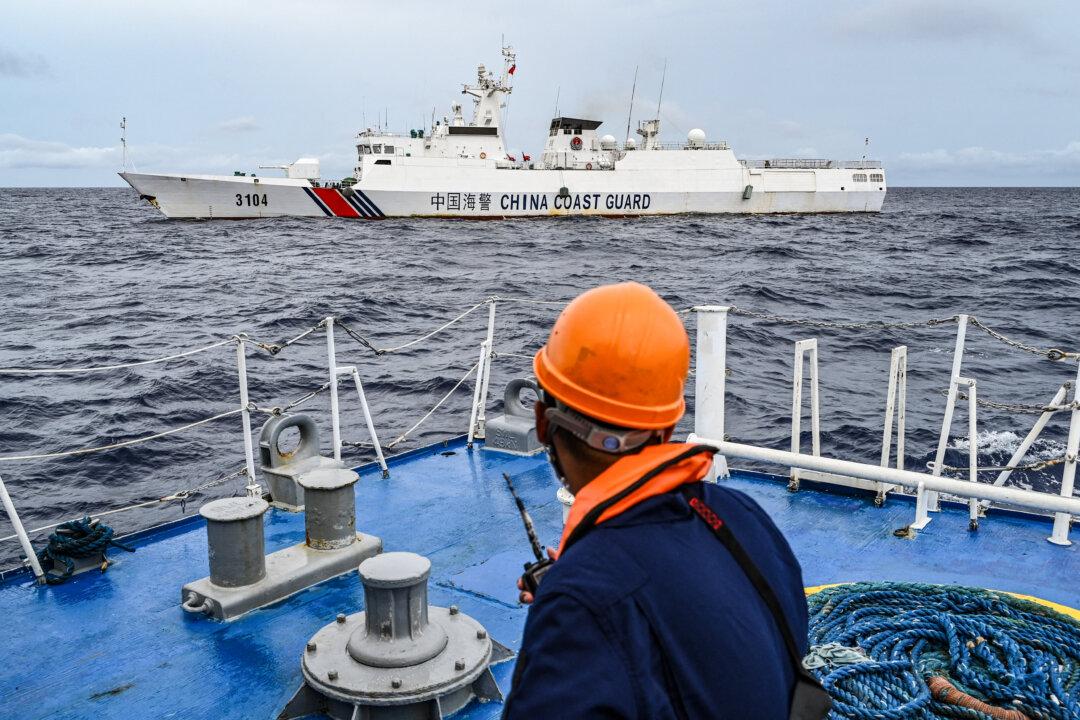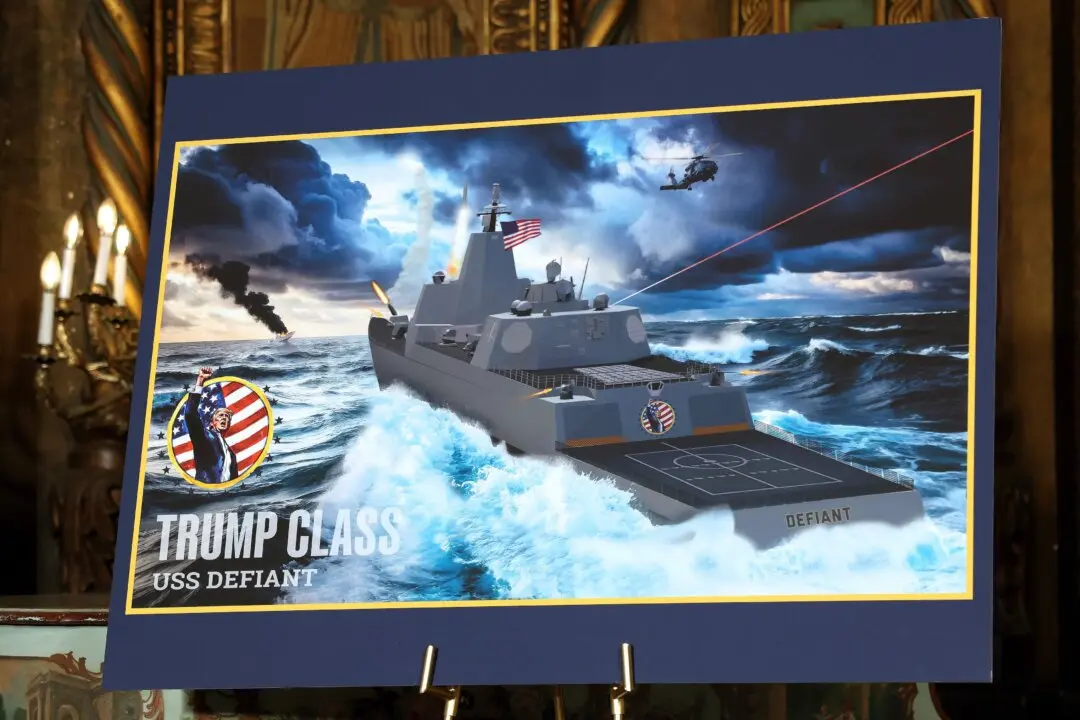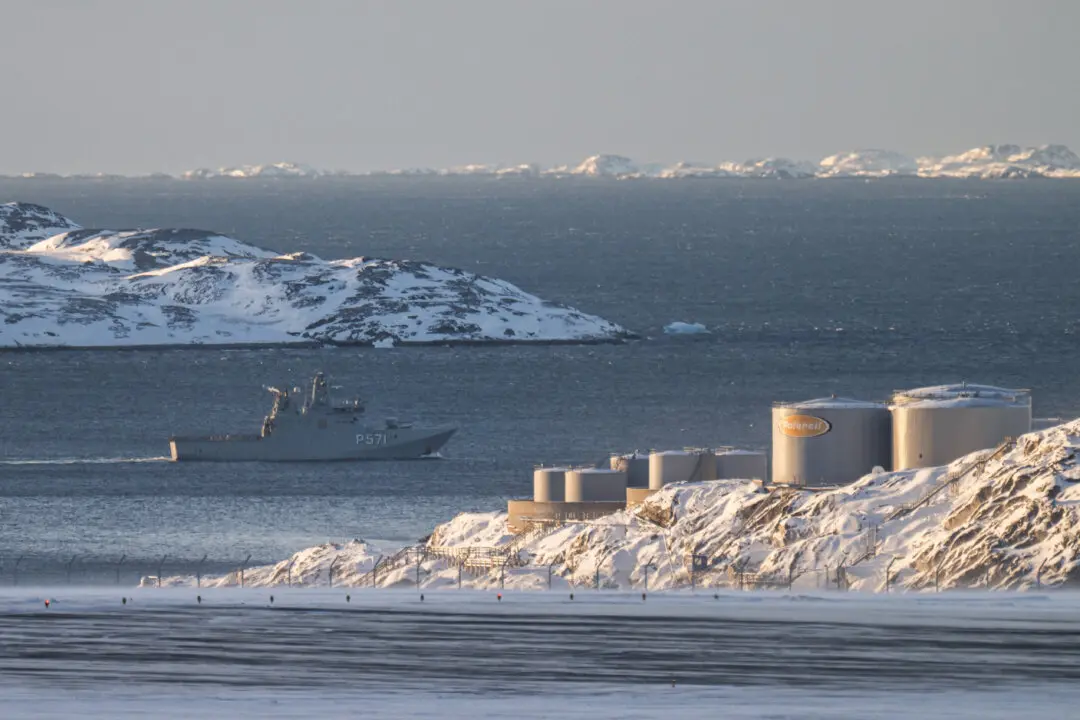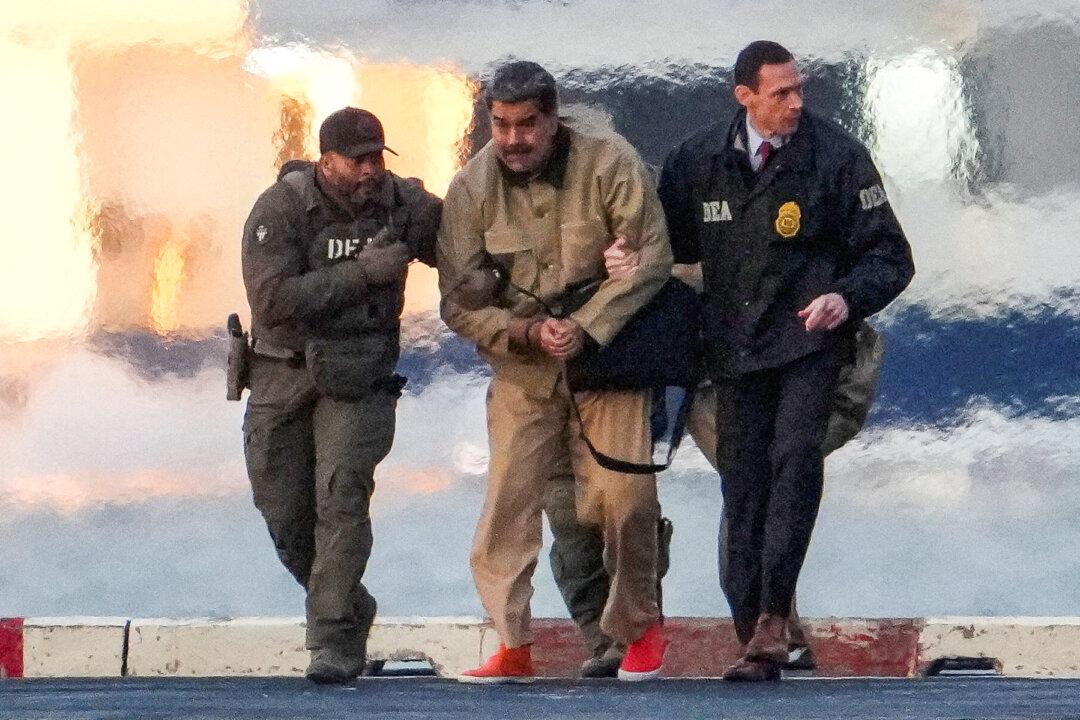Commentary
Forty Chinese warships blocked the Philippine Coast Guard from resupplying its flagship stationed in the West Philippine Sea on Aug. 26. This latest incident is part of a pattern that has seen the Chinese regime become increasingly aggressive in asserting its claims over international waters as its maritime forces have grown in size and capability.





